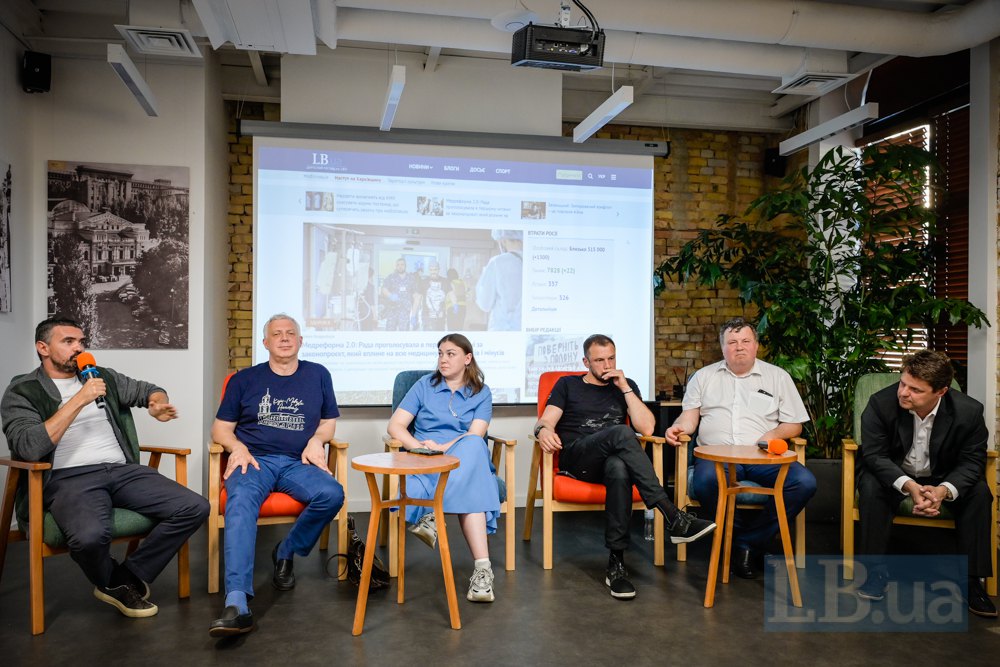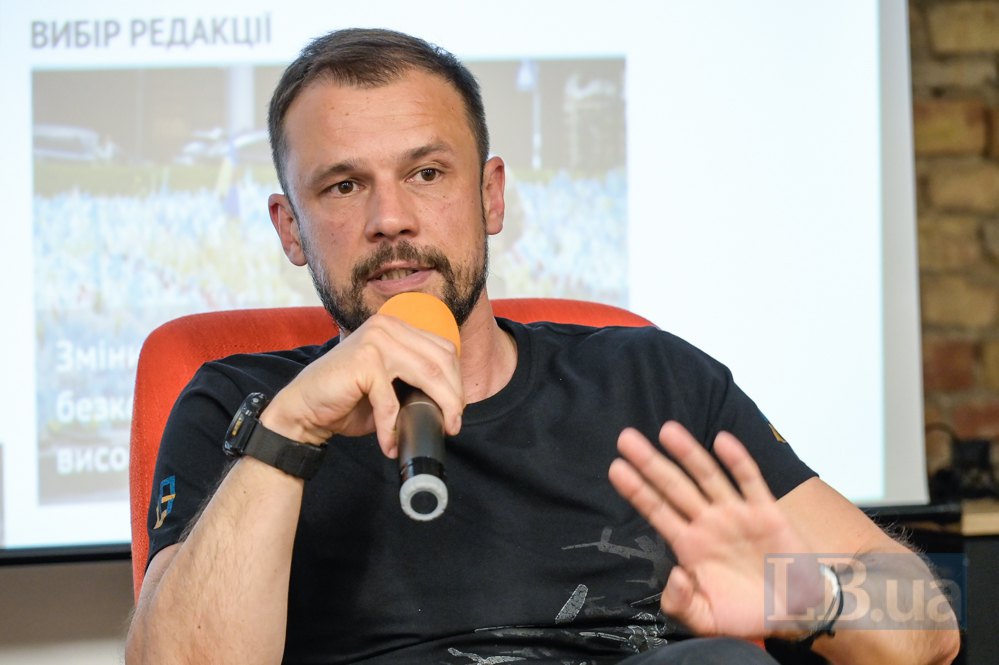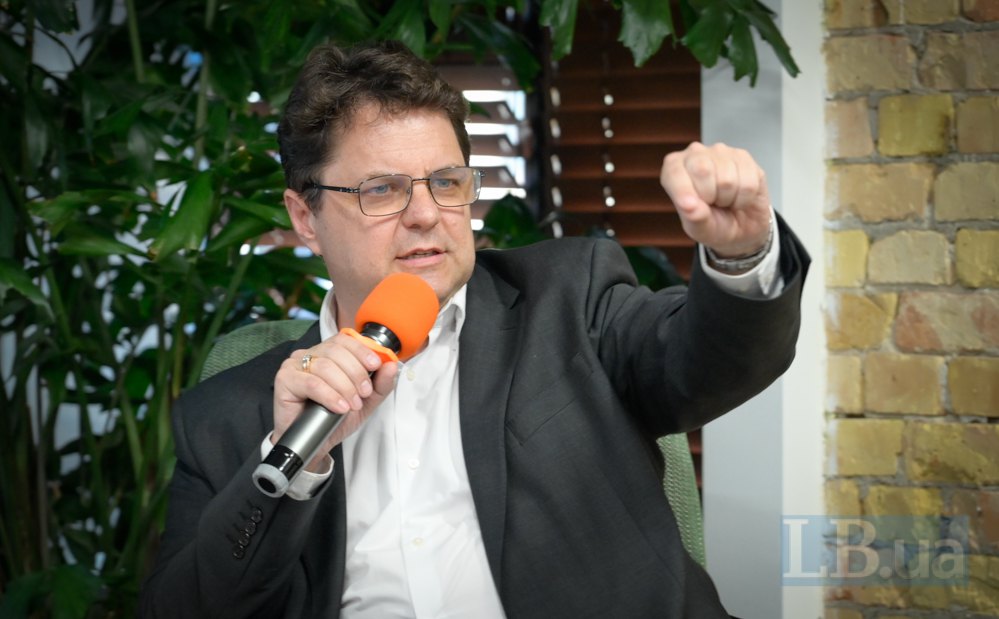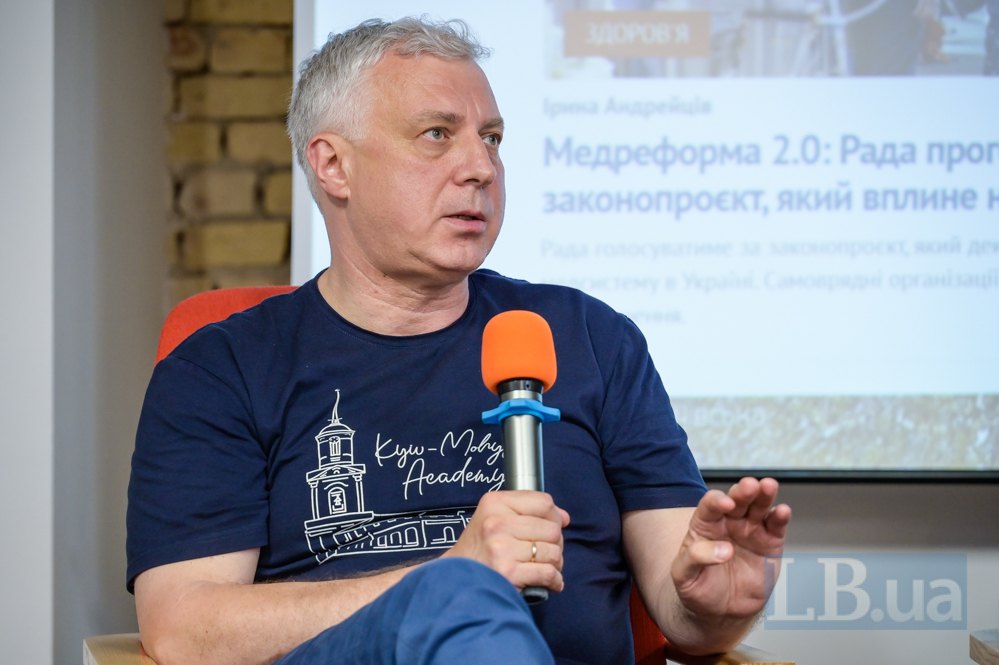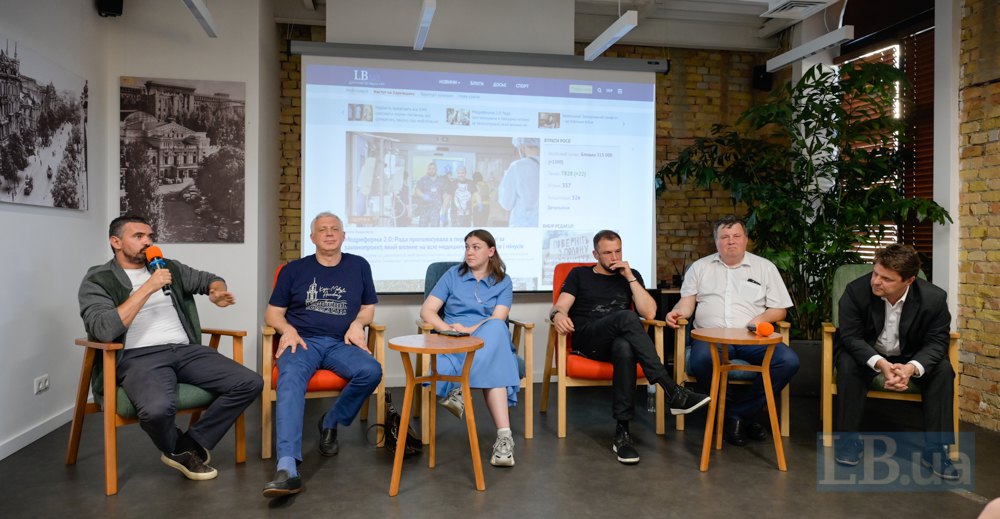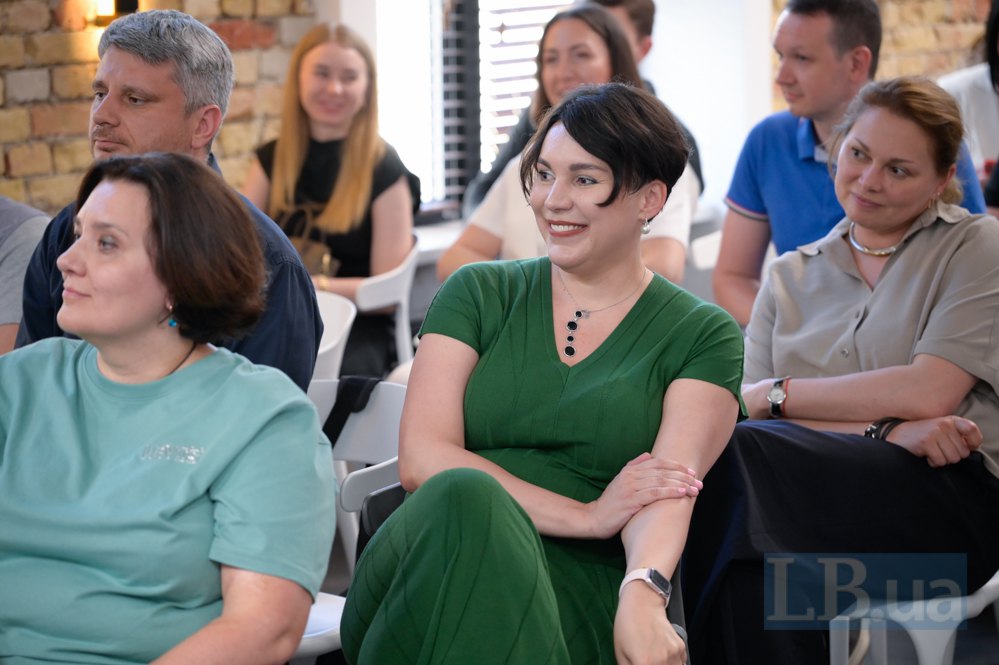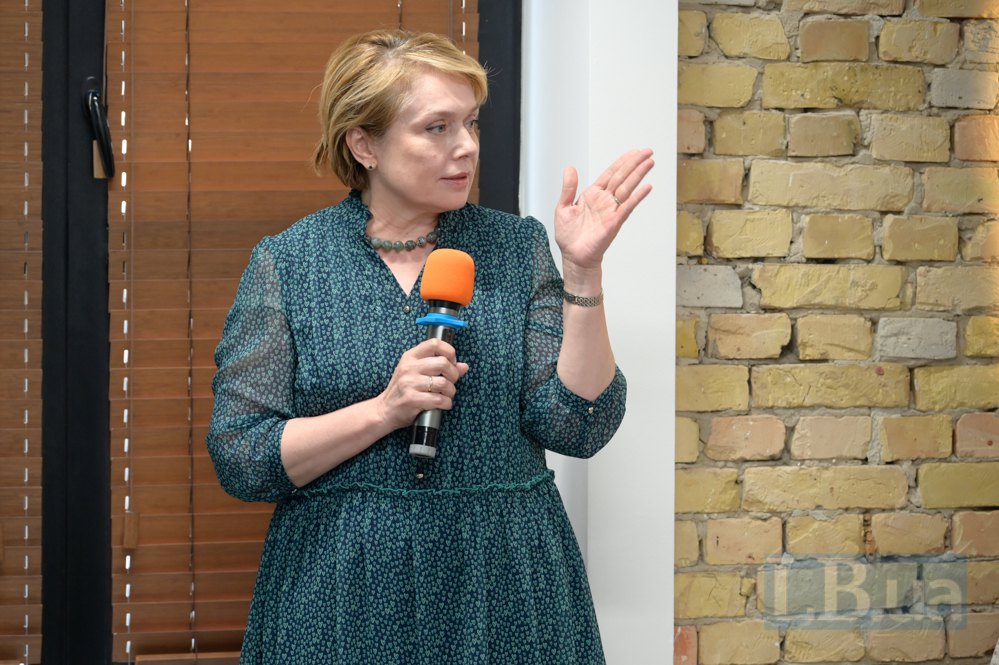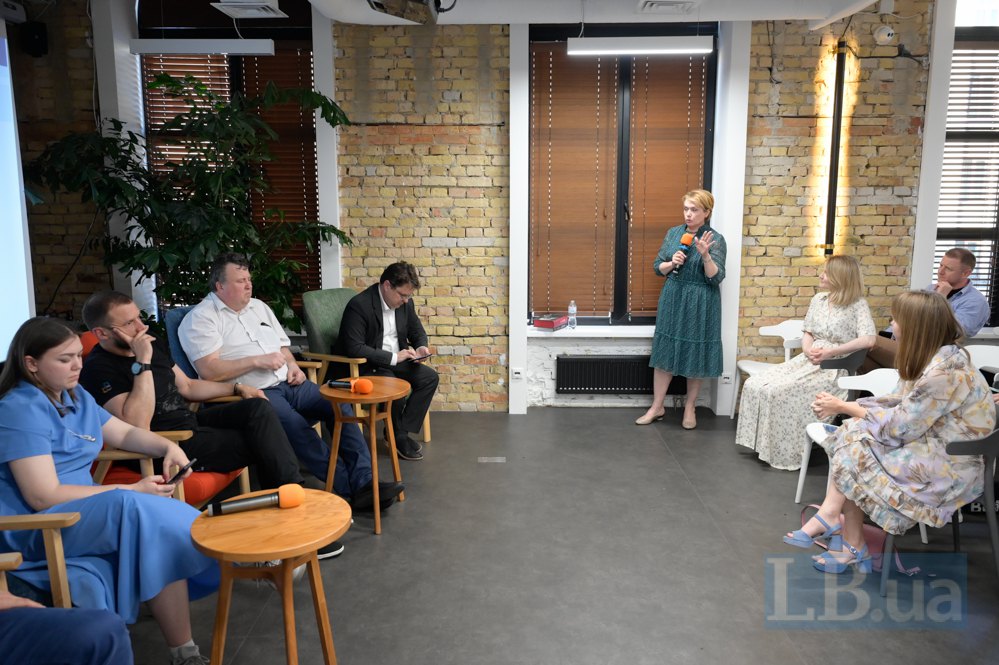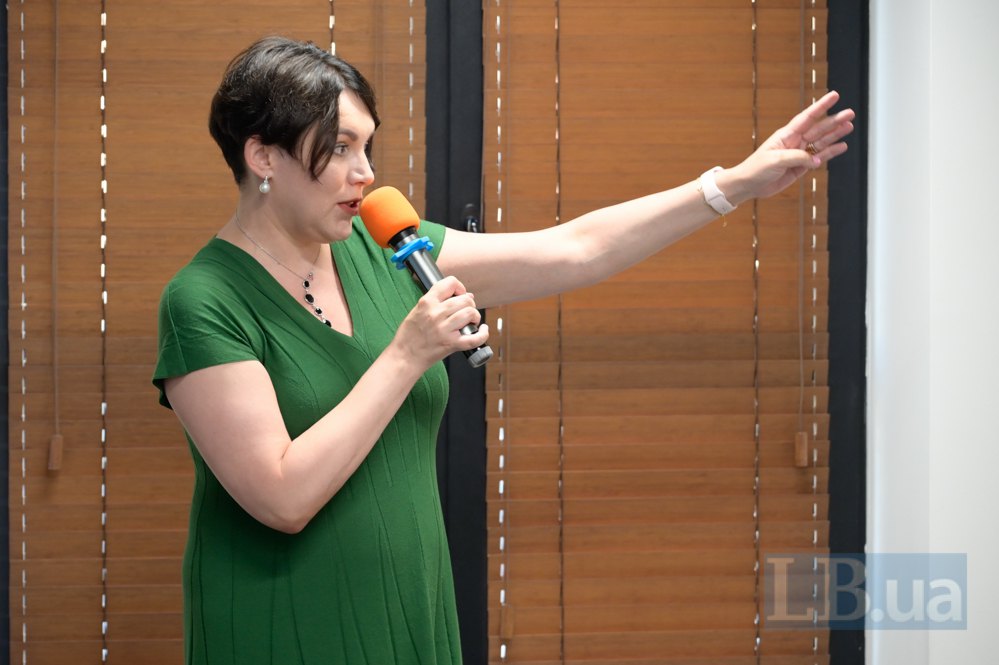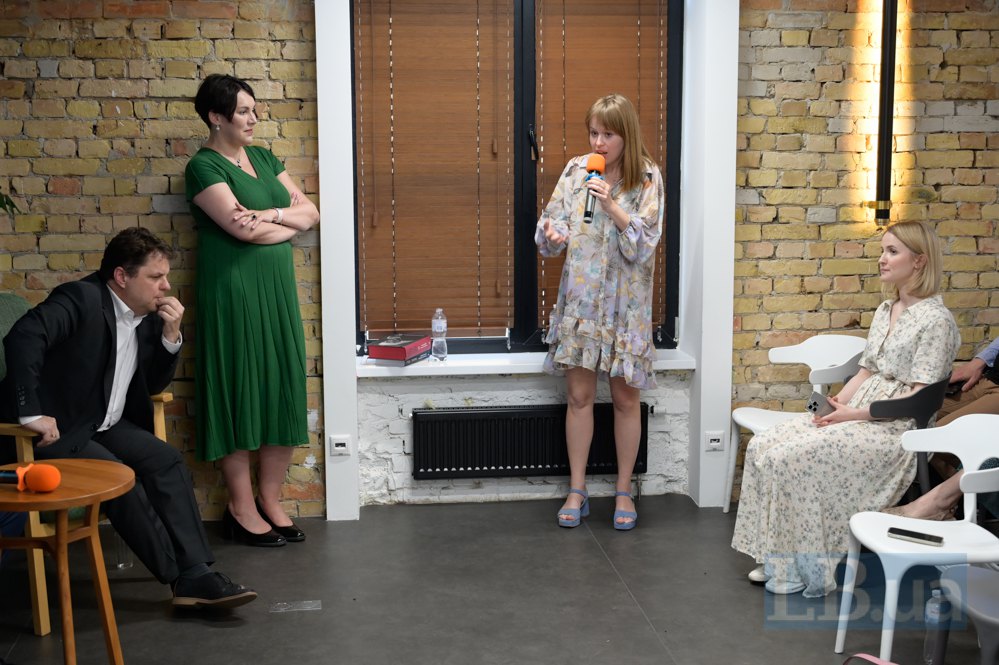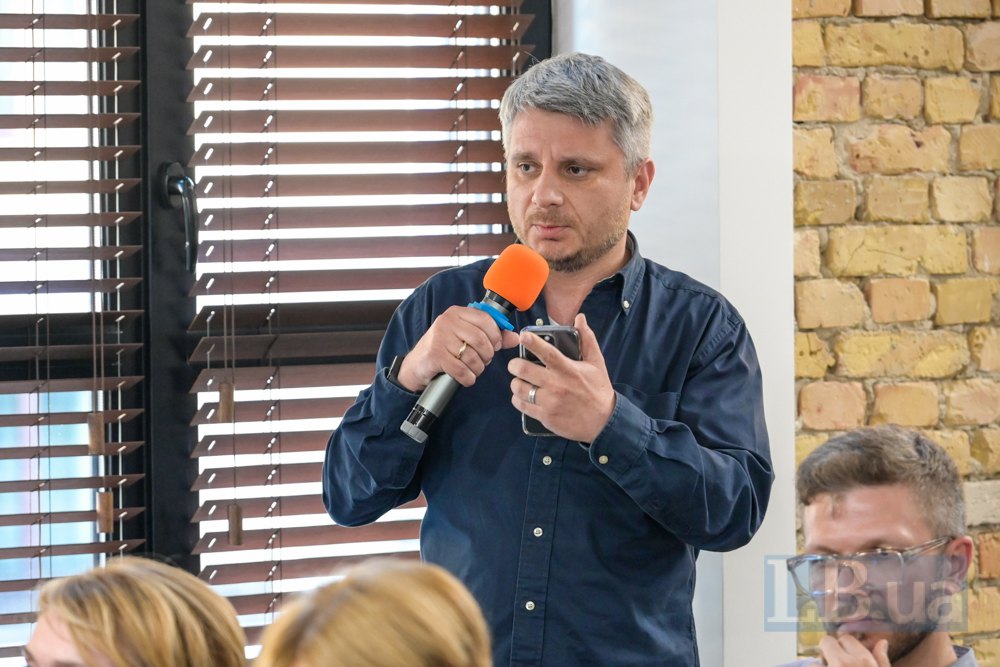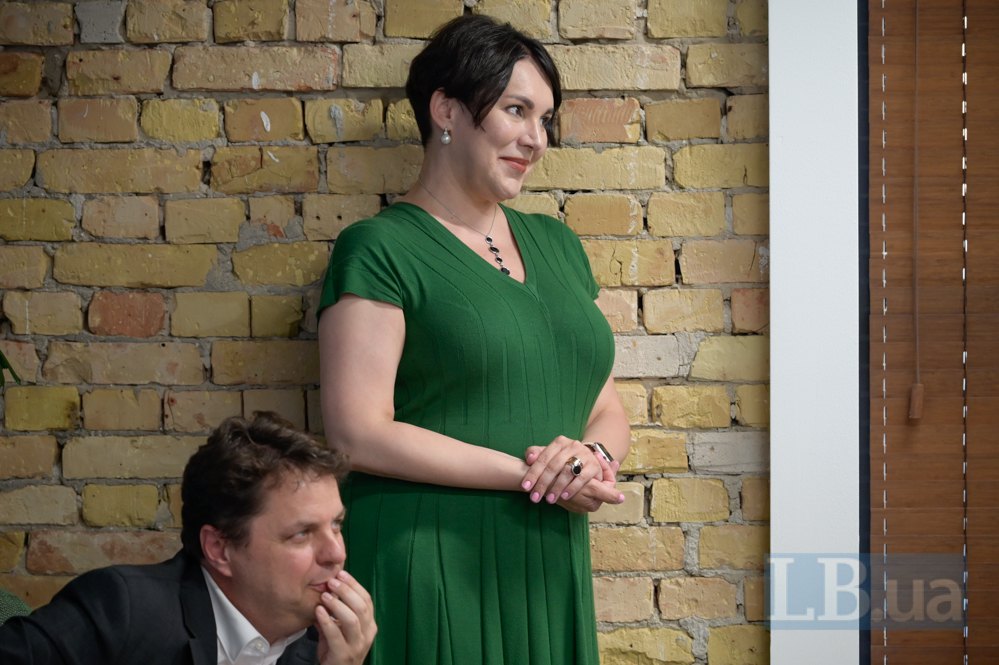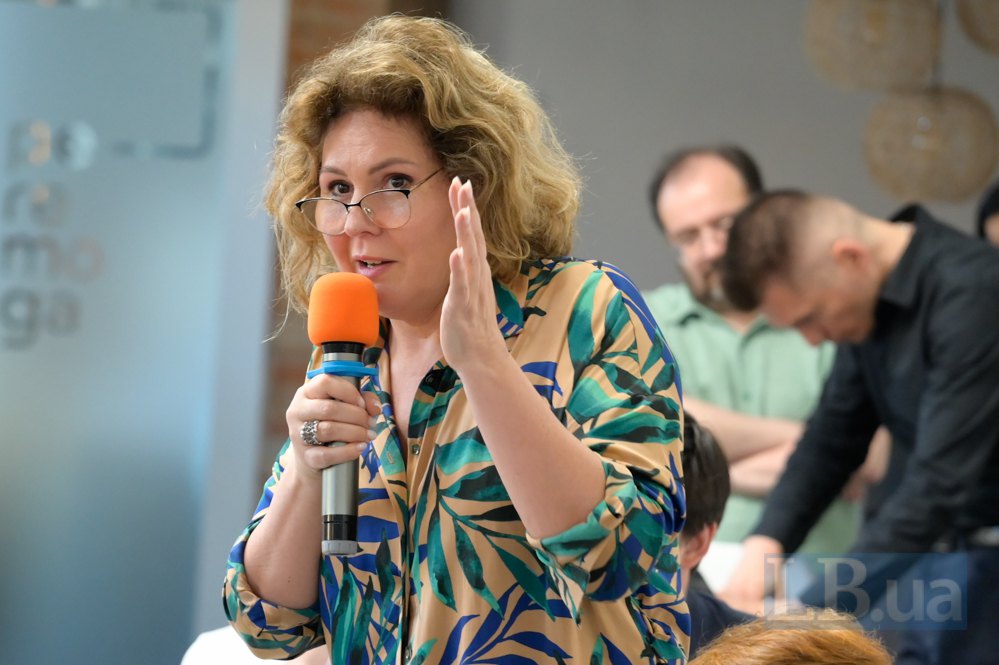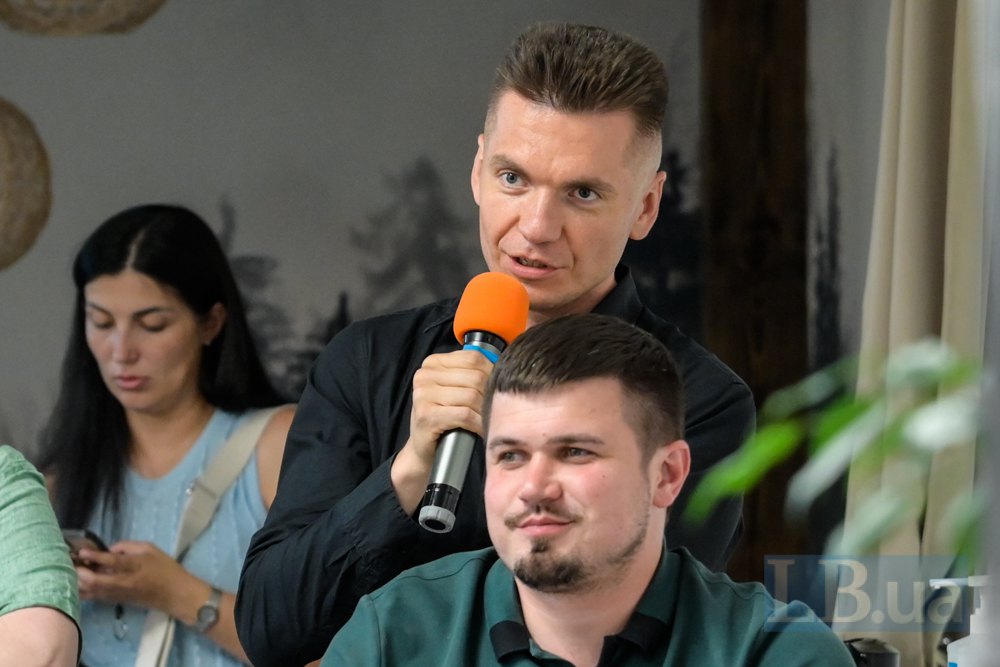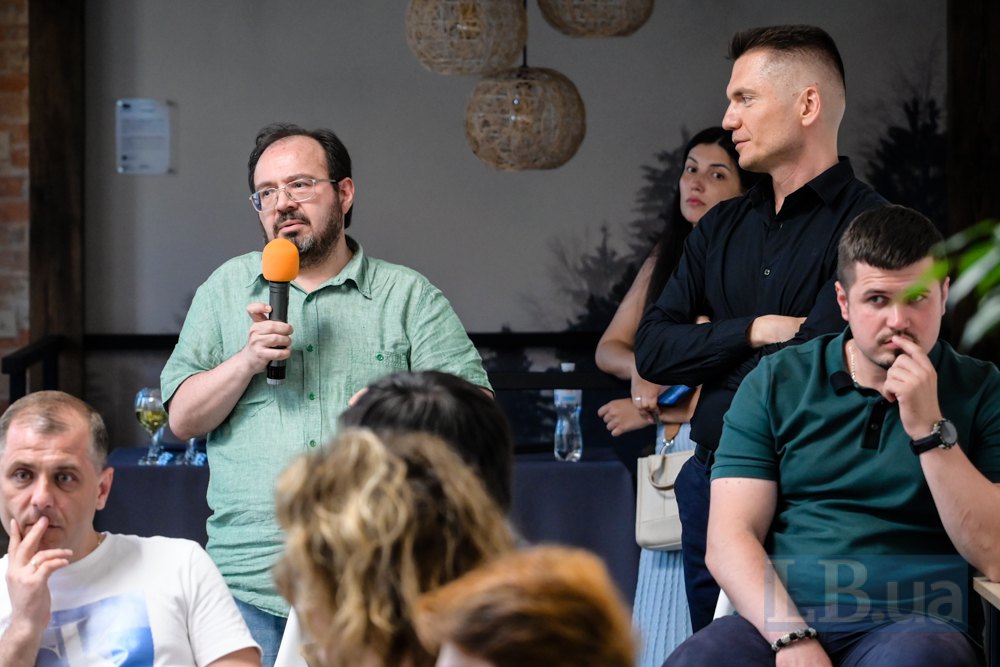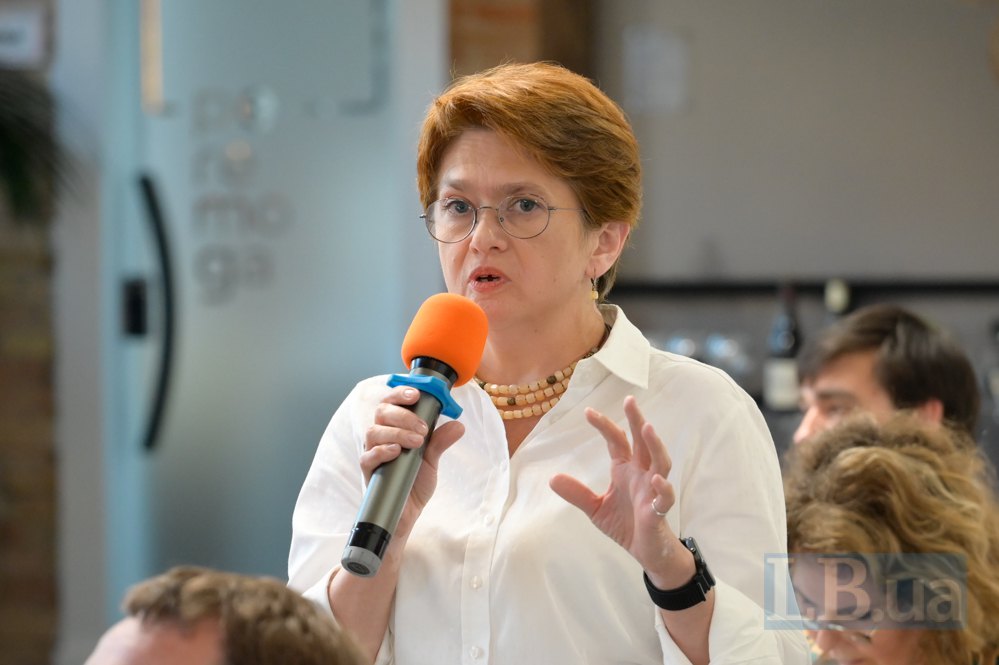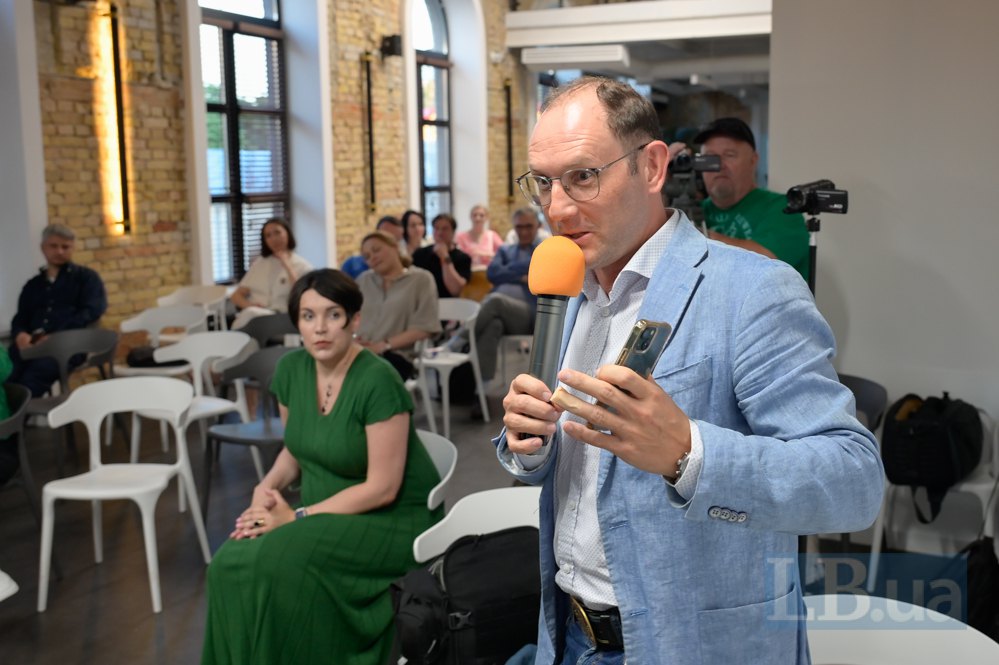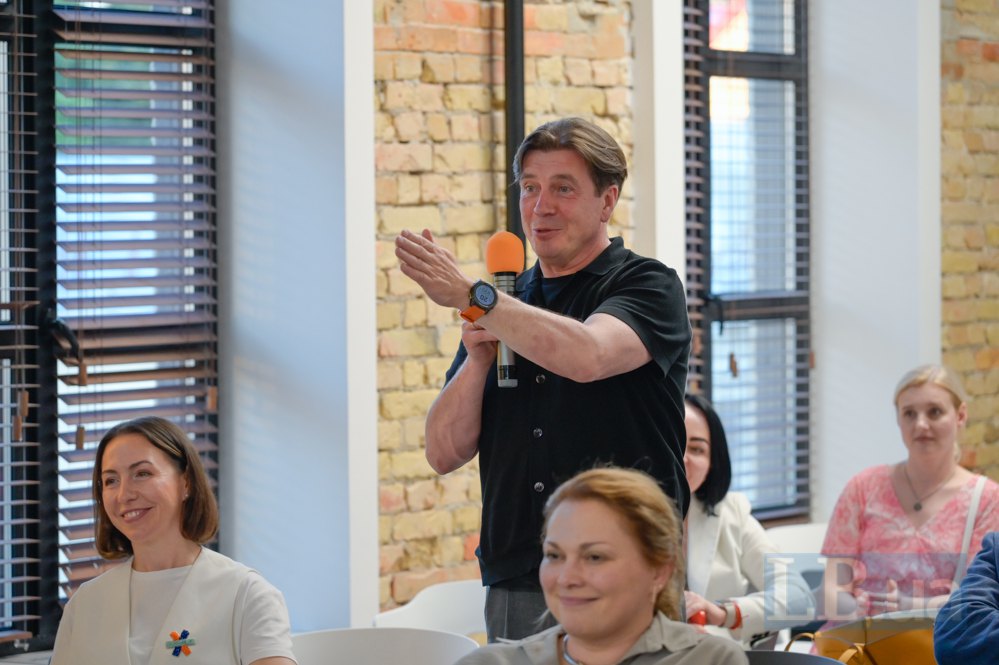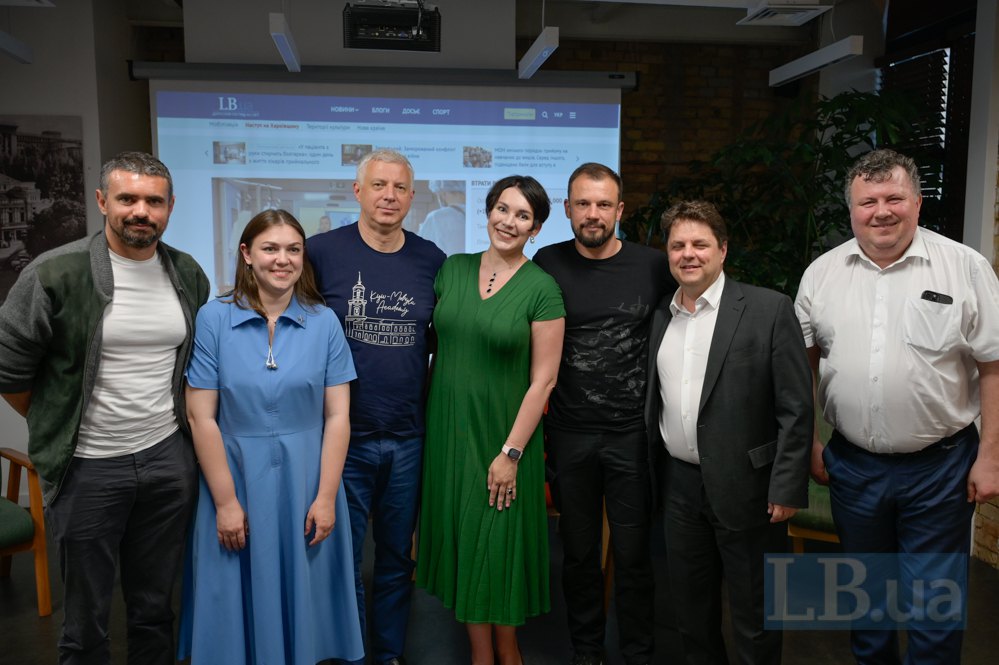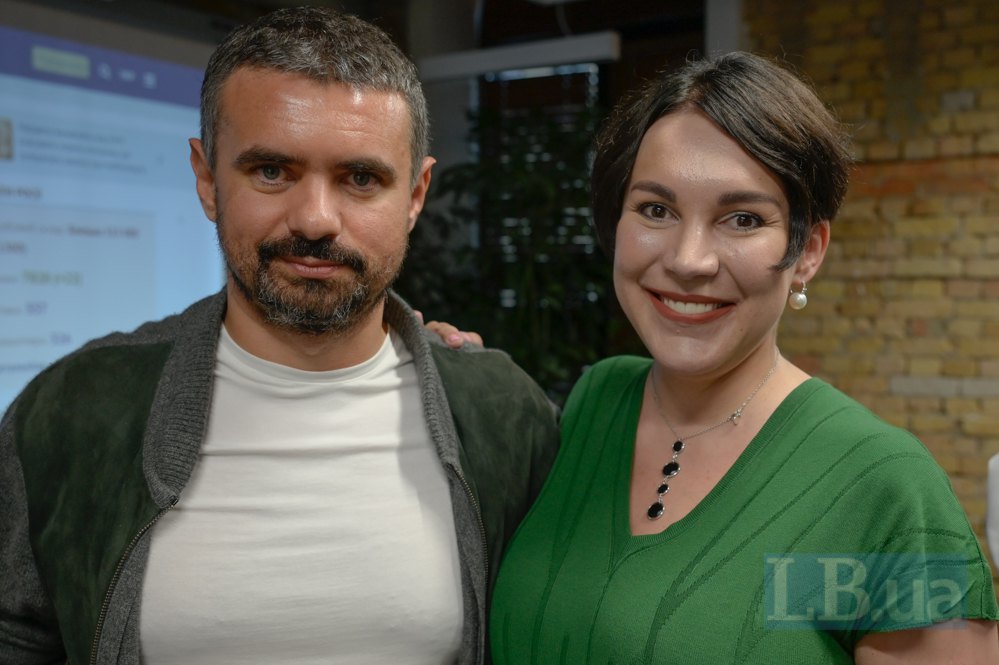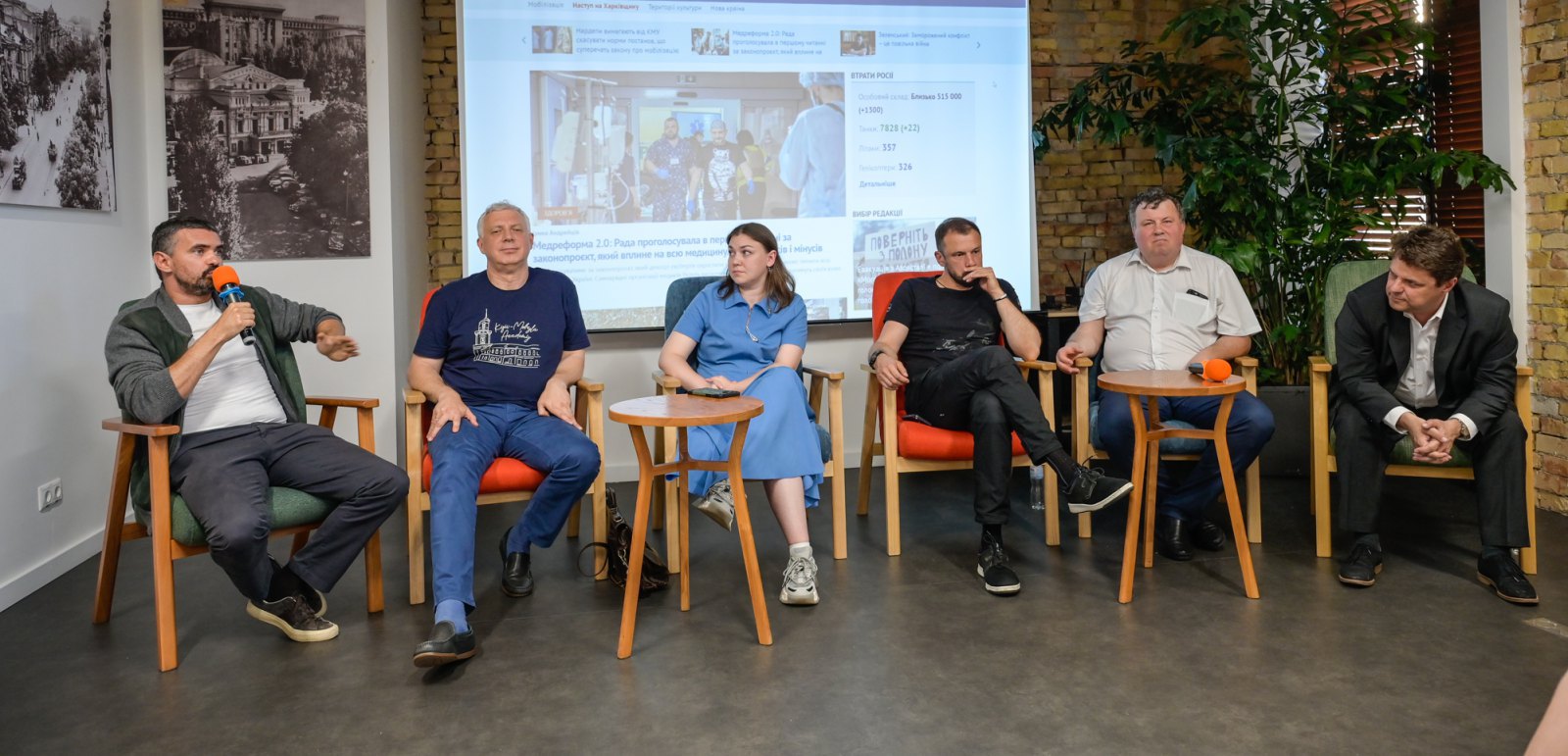On 6 June, LB.ua, as part of a joint project with EFI Group's New Country, held a panel discussion titled "Ukrainian Education in Time of War: Challenges and Opportunities," which focused on the state of higher education in Ukraine and the need for reform.
Main speakers:
- Serhiy Babak - MP (Servant of the People), Head of the relevant committee of the Verkhovna Rada of Ukraine; Head of the relevant committee of the Verkhovna Rada of Ukraine Serhiy Babak
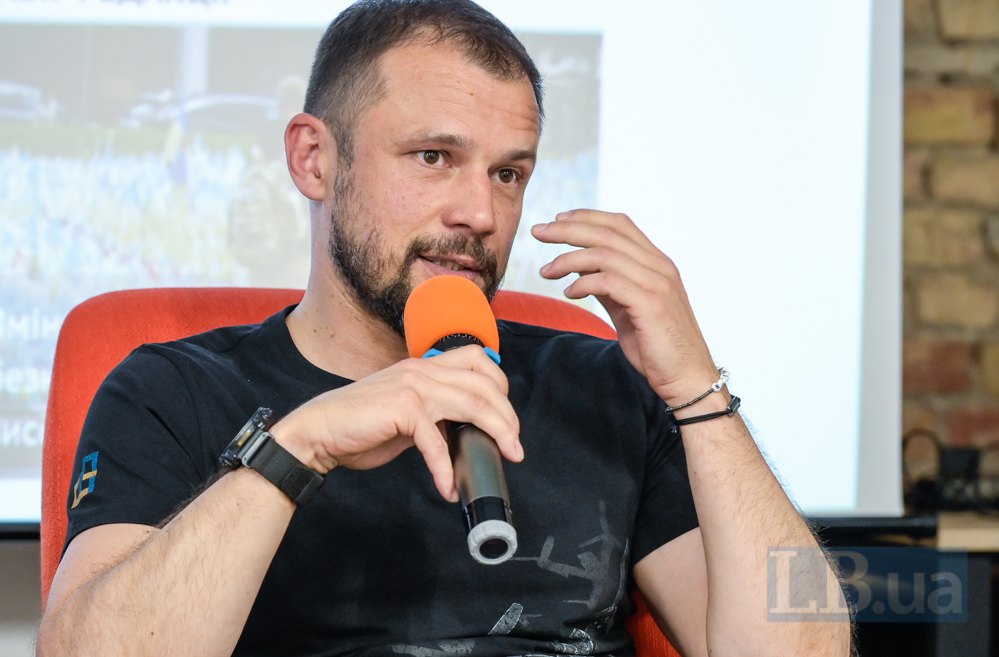
- Mykhaylo Vynnytskyy - Deputy Minister of Education and Science of Ukraine; Deputy Minister of Education Mykhaylo Vynnytskyy
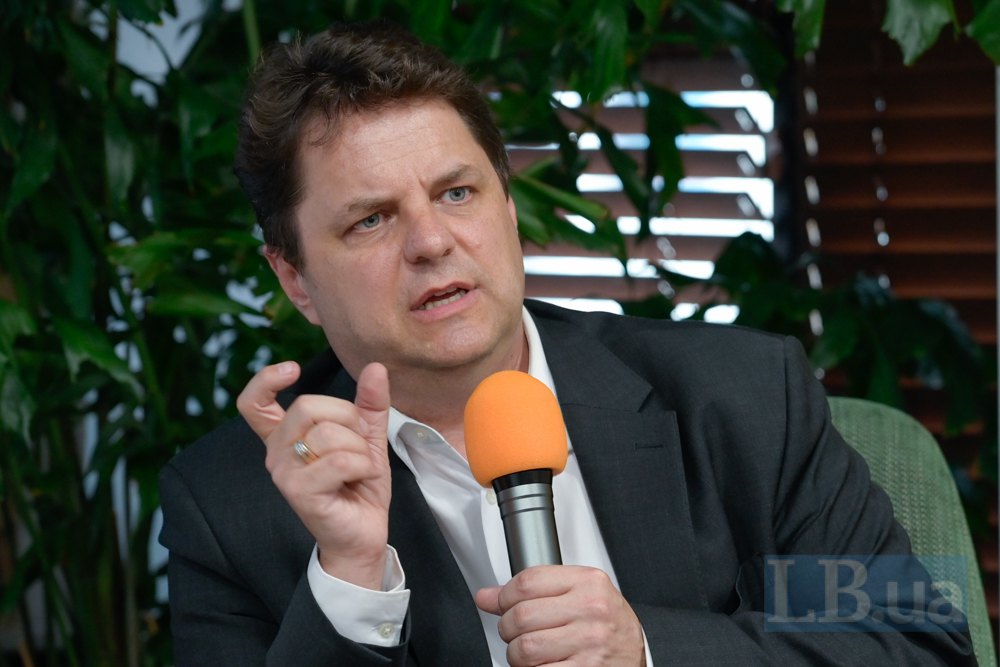
- Ihor Liski - Chairman of the Supervisory Board of EFI Group; Ihor Liski
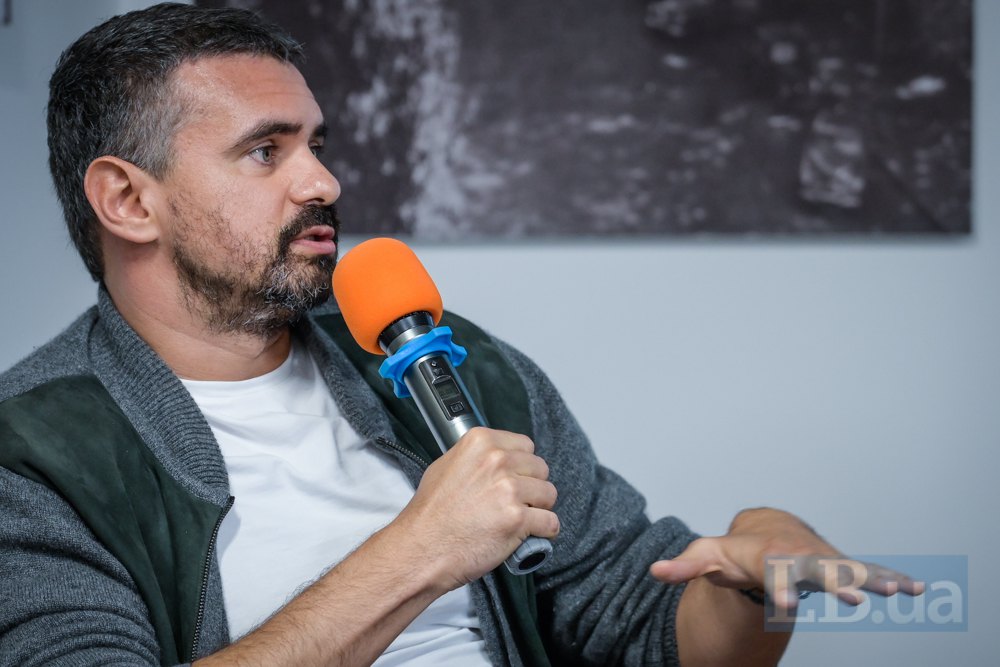
- Volodymyr Bugrov - Rector of Taras Shevchenko National University of Kyiv, Volodymyr Bugrov
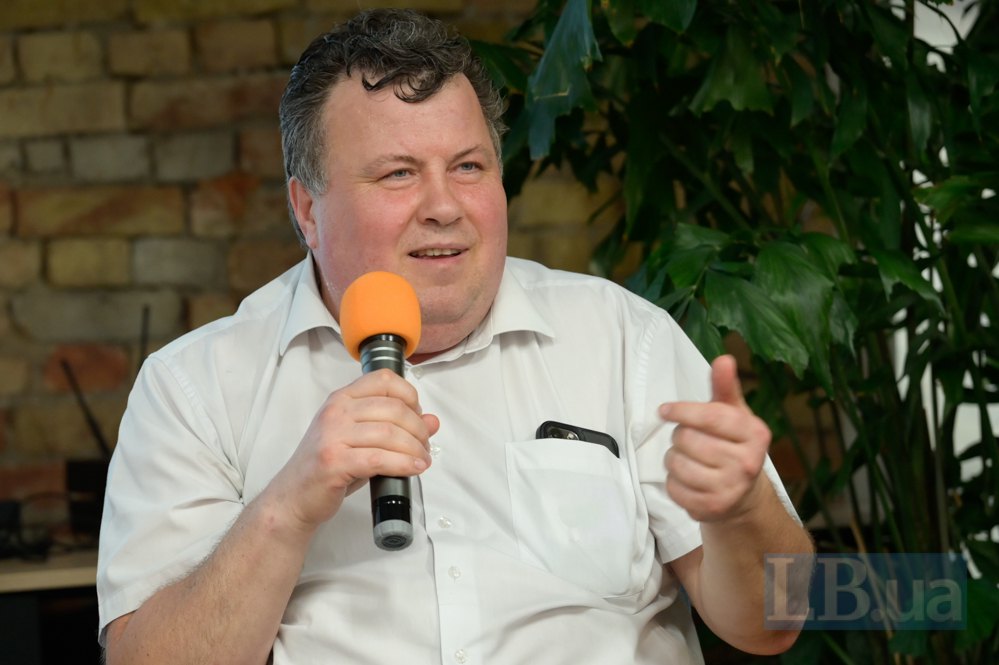
- Serhiy Kvit - Rector of the Kyiv-Mohyla Academy Serhiy Kvit
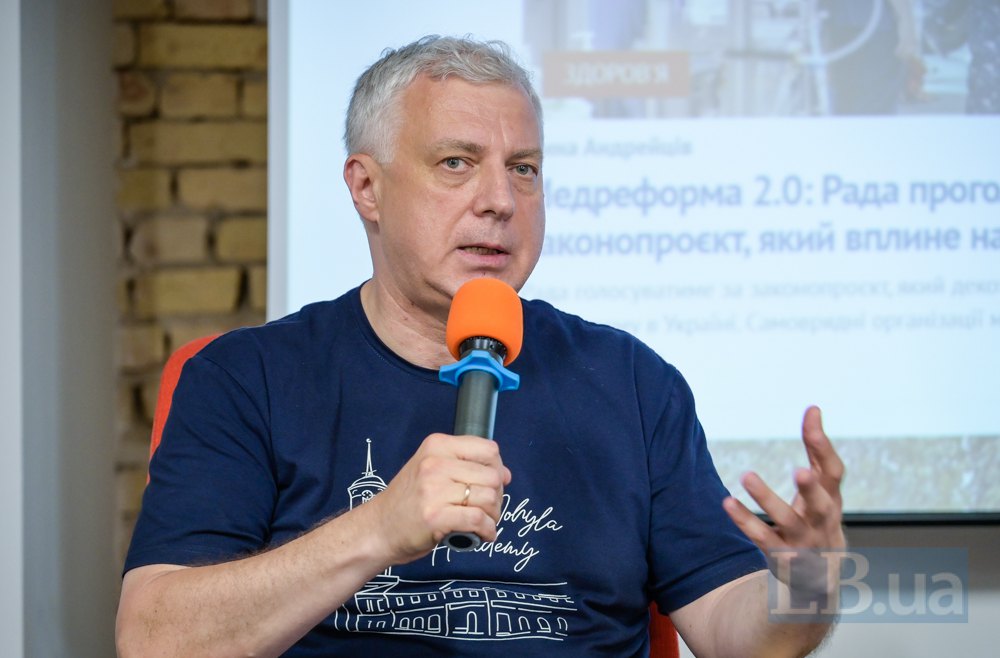
- Kseniya Semenova - Acting Rector of the National Aviation University. Kseniya Semenova
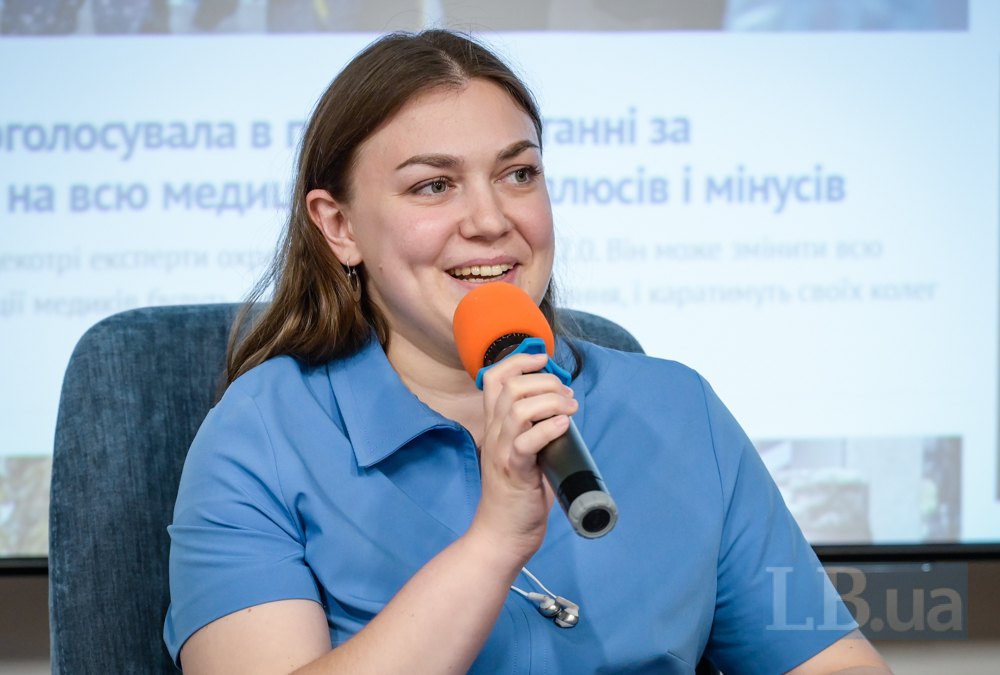
The speakers and guests of the discussion talked about how higher education reform can help restore Ukraine's potential after our victory? What kind of education should be provided to encourage children to return from abroad to study at Ukrainian universities? How skilled are the people graduating from higher education today? What fundamental changes are needed in the education system as a whole?
According to Serhiy Babak, Chairman of the Verkhovna Rada Committee on Education, Science and Innovation, Ukraine cannot avoid mergers and consolidations of universities.
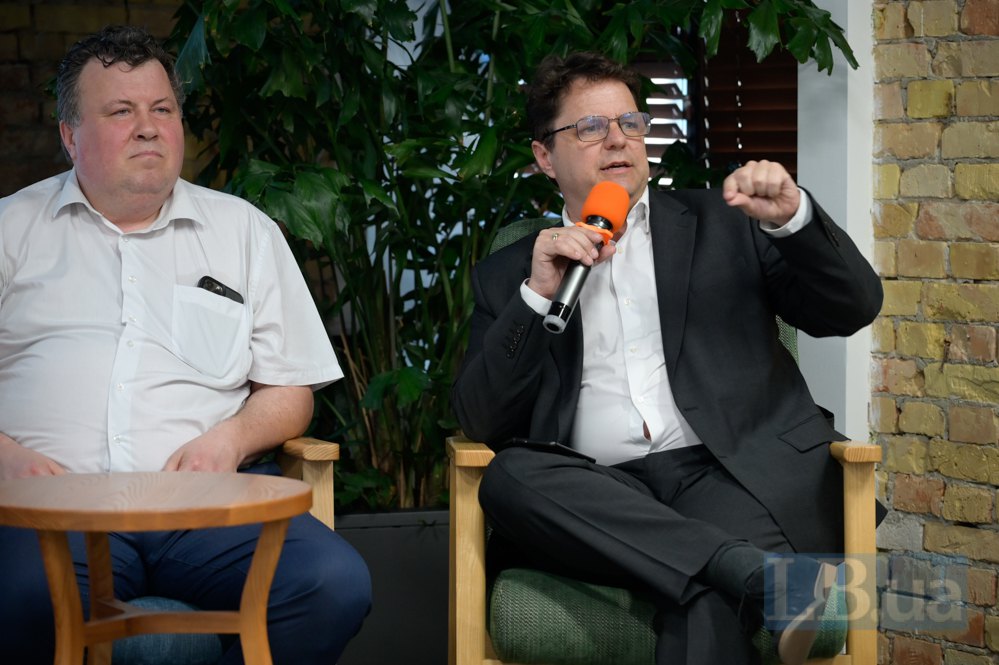
“For example, one of the world's most reputable rankings, QS, considers universities with less than 5,000 students to be micro-universities. Micro. They are not included in the world rankings. If we look at the Ukrainian higher education system, 67% of universities, two-thirds, have less than five thousand students. Out of the 200 universities that are subordinated to the Ministry of Education and Science, the Ministry of Culture, and the military and the Ministry of Internal Affairs, there are 50 state-funded universities with less than a thousand students. 50 universities. I understand that there are specific boutique art institutions. This is a separate story. But 40 universities of the Ministry of Education and Science with less than a thousand students, with branches, should simply be closed," said Babak during the panel.
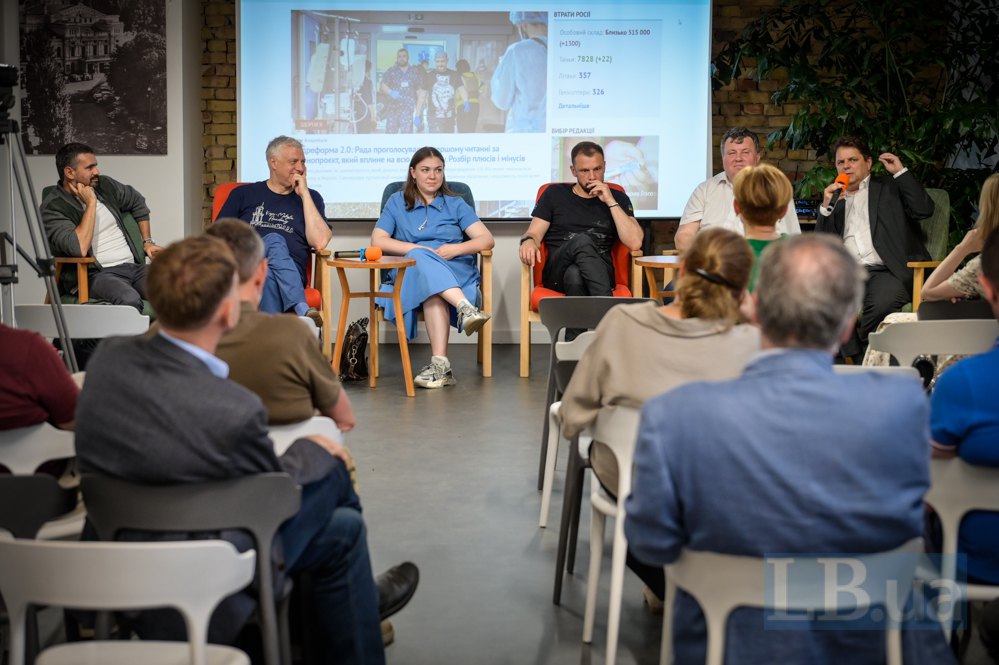
According to the rector of the Kyiv National Shevchenko University, Volodymyr Bugrov, the ministry has always had a tool to regulate the division of universities - licensing.
"Compliance with licensing requirements. We didn't even need legislative norms, just control in the field of education, which was provided for by the current legislation. All this could and should have been done. But the political will..." the rector said.
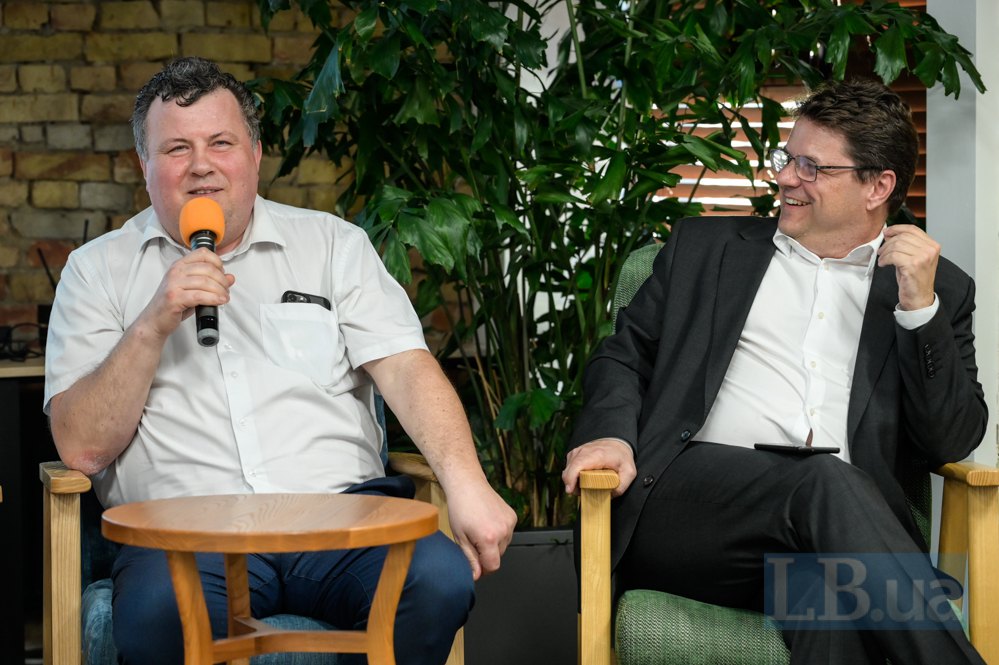
Deputy Education Minister Mykhaylo Vynnytskyy noted some progress in reforming the education system:
"We now have three bills passed in the second reading, eight passed in the first reading. I was a maximalist when I took up this position over a year ago, believing that all this could be done in a maximum of six months. Today I realise that a year is actually a relatively good period of time. Some things have been done, some things, I would like to do more.
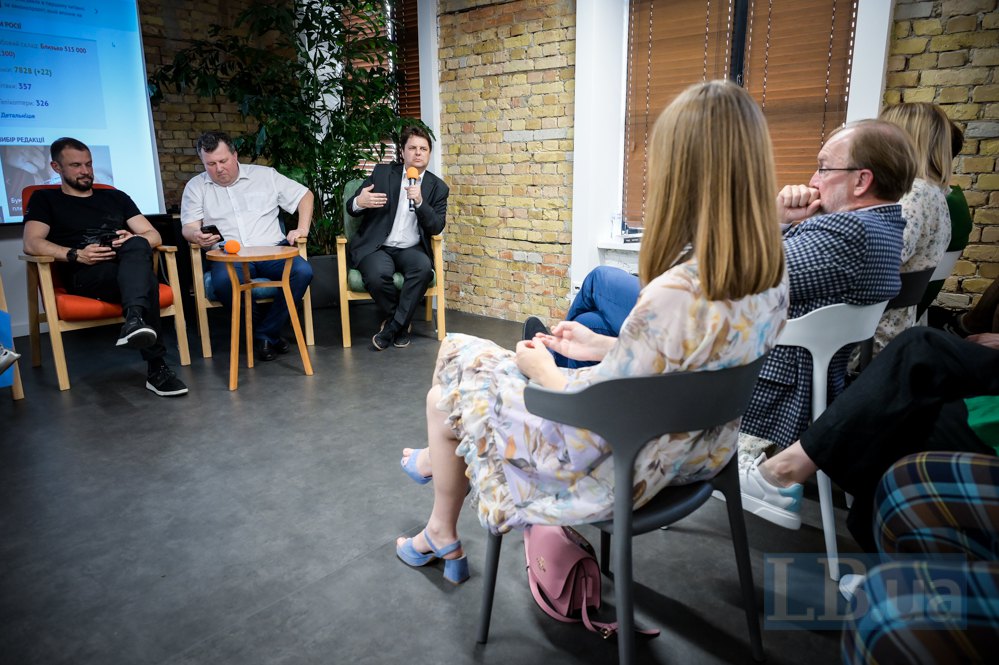
The movement is underway. Some would say that it is more inertial. Someone will say that we would like it to be faster, but we are dealing with 1.1 million students and about 100,000 teachers. It is a huge system. And, obviously, their interests will be reflected in many different MPs and authorities, who will, one way or another, if not slow down the process, then take a lot of time away from accelerating reforms," says Vynnytskyy.
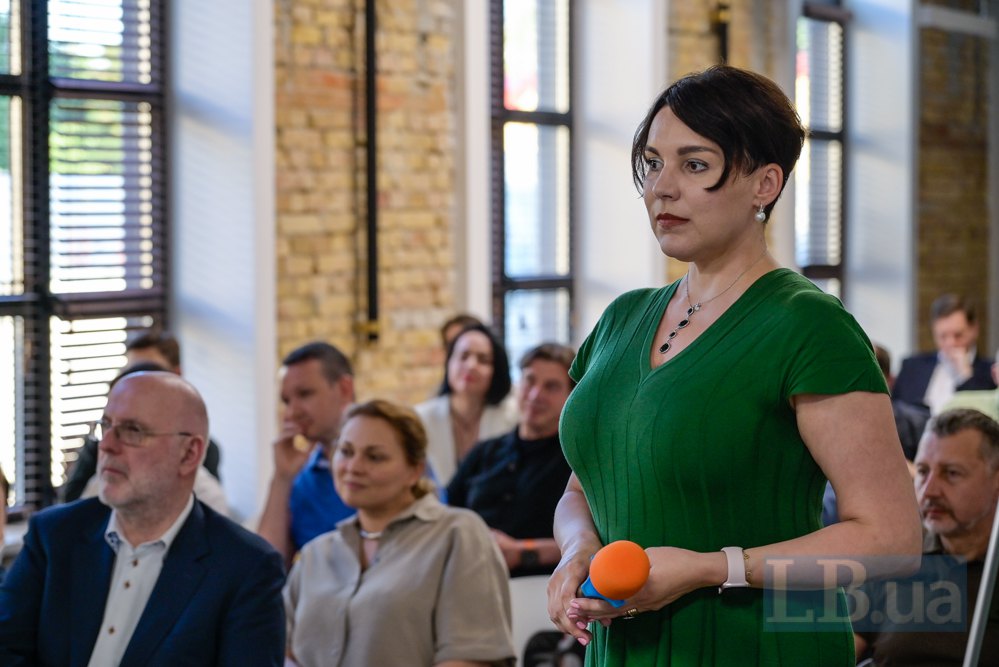
Kyiv-Mohyla Academy supports the proposals of the Ministry of Education, but it cannot change the system without the support and understanding of the government and the Verkhovna Rada, says KMA Head Serhiy Kvit.
"The society must have an understanding of where we should move. Some decisions are made, some ways are announced, but then, let's say, priorities change ... and these decisions sometimes get stuck, so they cannot be implemented. The issue is that universities, followed by society, followed by students and their parents, all need to see the future," the rector believes.
Kseniya Semenova, acting rector of the National Aviation University, spoke about the innovations that the new team is already implementing at the institution.
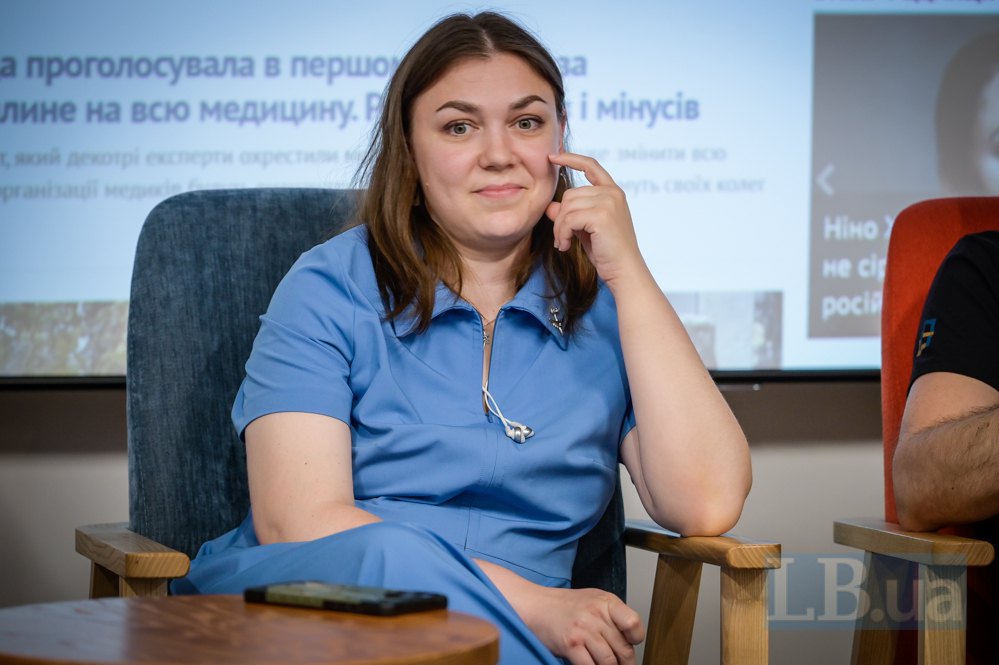
"We no longer have a vice-rector for educational work. We have hired an HR director who has previously worked in public and private companies. And she is now developing strategies for human capital development. This applies to both staff and students. This concerns students in terms of the career office, for example, when you can get the most accessible information in a civilised way about where to go for an internship, where to get dual education, where to go to work," Semenova said.
Businessman Ihor Liski called for a look at the quality of education from the perspective of the demands of society and business.
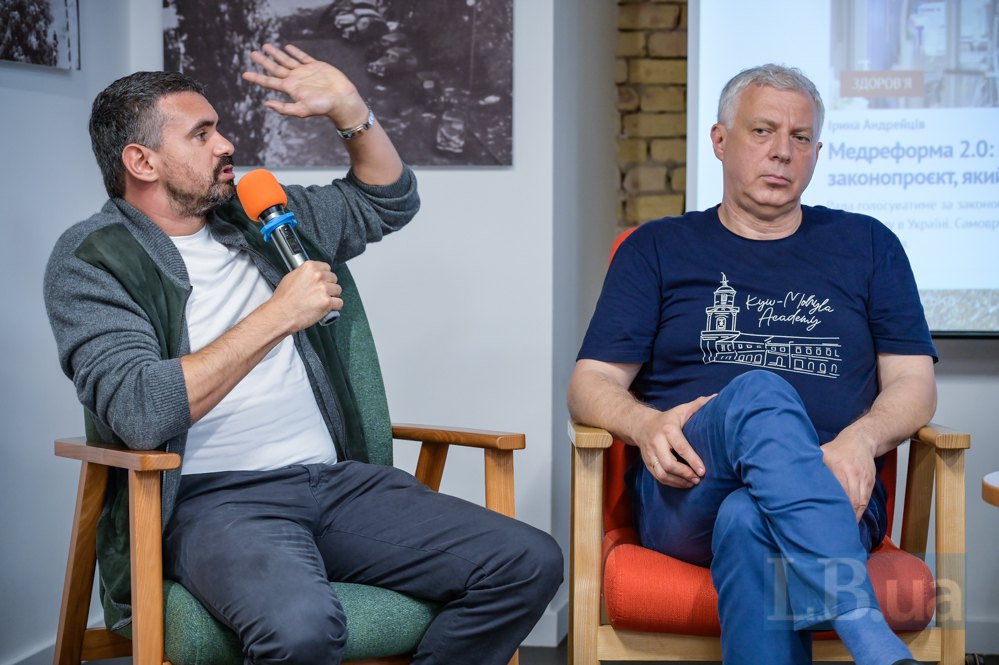
“The first question society asks is why do we need this education at all? How does it help us defeat the enemy if we spend billions of hryvnyas on inefficient institutions that simply produce evaders? Where are the technologies, where are the innovations that should be born in universities? Where is the interaction with military units? I heard that we want to be a Miltech centre in 10 years. What are we doing for it? Forget about your reforms that take 10 or 15 years. We don't have that time. We will get to the point where we discredit higher education as a class in general," said Ihor Liski.
You will be able to read the detailed speeches of the speakers on LB.ua soon.
